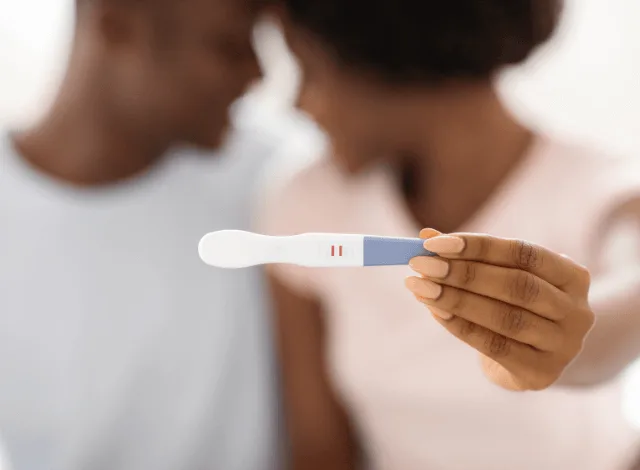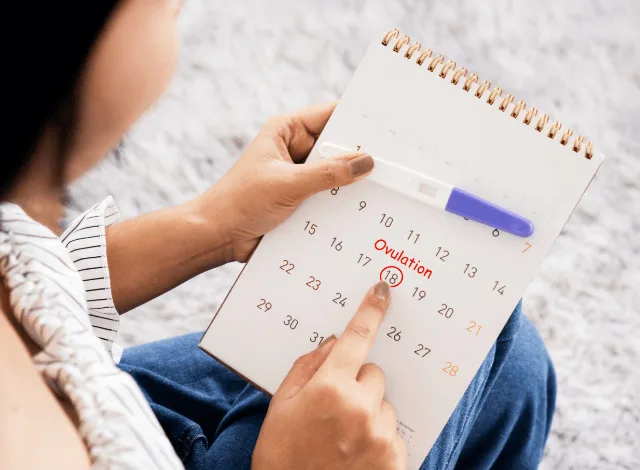5 Signs That Indicate Your Ovulation Is Over

If you are considering starting your own family, you might want to do everything right when it comes to getting pregnant. Apart from being emotionally and mentally prepared for it, you need to arm yourself with all the necessary information needed for the best results. For optimal results, you will need to know when ovulation begins, and the signs when ovulation is over. Read on to have your questions answered, including, ‘How to know ovulation is over?’
Fertile Window
The 'fertile window' is the five days before and the day your body releases the egg. After ovulation, the egg survives for just 24 hours. This is your ovulation period! Considering that pregnancy is on your mind, tracking your cycle and ovulation period is a must for you. By doing so, you will be able to find the right time to have intercourse with your partner.
Your ovulation period or fertile days is the answer to how many days after your period can you get pregnant. Usually, it's day-14 from the first day of your period. However, sometimes finding when your ovulation is over can be a little difficult. Thus, to help you out, we've got few signs that will indicate ovulation has already occurred.
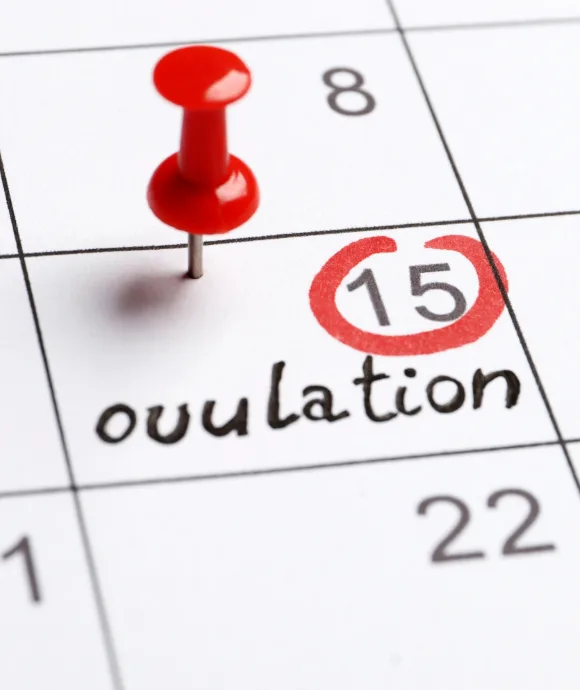
Symptoms Ovulation Period Is Over
1. Changes In Cervical Mucus
Cervical mucus is released in large quantities during ovulation. When you ovulate, your cervical mucus tends to be clear, sticky, stretchy and has an egg-white-like consistency to it. It's the result of oestrogen production which occurs around your ovulation days. Opting for panty liners during these particular days is a great choice. If you are looking for one, try out the Always Extra Protect Panty Liners which have absorbing and odour neutralising properties. They are equipped with extra length for added coverage. But as your fertile window closes i.e: your ovulation period is over, this mucus becomes thick and creamy. This is one of the symptoms that indicate you are not ovulating at the given time.

Cervical mucus is released in large quantities during ovulation.
2. Checking Basal Body Temperature
Your ovulation period is largely defined by your basal body temperature. As you ovulate, the progesterone flowing your body at a high level spikes your normal body temperature. When the temperature reaches its peak, it's a sign that your ovulation has already occurred. Keeping a track of your basal body temperature can help you know when your ovulation has occurred, thereby helping you discover the ovulation day of the next month.
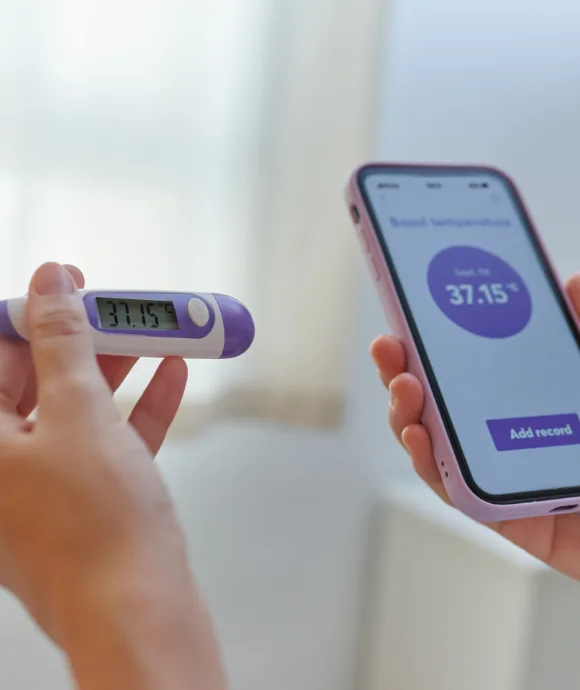
3. Change In Your Cervix Position
During your menstrual cycle, your cervix keeps changing positions. Before you ovulate it's higher and when you ovulate it becomes softer to touch and more open for the sperm to penetrate in. Once your cervix becomes harder, lower and more closed, that's how you get to know that ovulation is over.
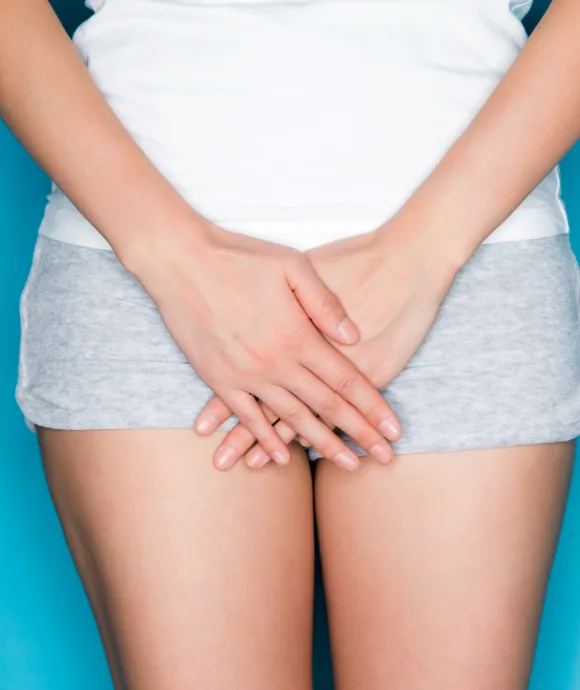
4. Loss Of Libido
One of the not ovulating symptoms is a change in libido. Women often experience sexual desire when they are five days around their ovulation period and the day they ovulate. If you are currently low on your libido, consider it as a sign that your ovulation has already occurred.

5. Decrease In Abdominal Pain
Many women experience abdominal pain during their ovulation period. It's called "mittelschmerz" (middle pain) which feels like a twinge and lasts for a few minutes or for a few hours. Once it subsides, you can count it as a not ovulating symptom. But given that not all women experience this pain, considering abdominal pain as a sign for ovulation is over isn't sufficient.
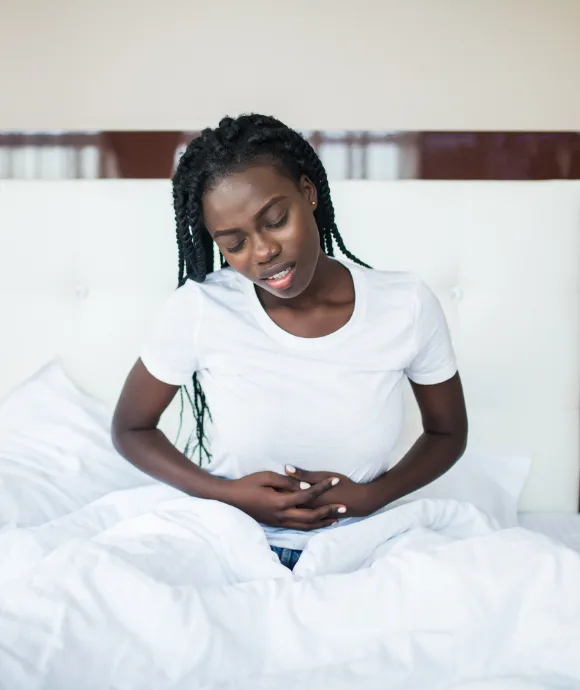
Ovulation is one of the many components that lead to pregnancy.
6. Your body temperature increases a little
If you have been trying to conceive a child for a while, you might already be a professional at taking your basal body temperature each morning as soon as you wake up. Your basal body temperature increases during ovulation and for three days post ovulation.
7. Breasts don’t feel tender anymore
Hormonal shifts around ovulation can affect the breast tissue. This makes it more tender than normal. However, if you experience sore breasts during your fertile days then once the tenderness stops then you can assume you are done with ovulation for the month. However, some people experience breast pain till the time that they get their period. So, it is not always a completely reliable sign that your fertile period is done with.
8. Ovulation prediction kits
You can use ovulation prediction kits to help you figure out if ovulation is over. A decline in the Luteinizing Hormone (LH) indicates that ovulation is over. This test is particularly helpful when you are trying to conceive. If a few days have passed after you received a positive reading, then you can assume you are done ovulating.
Ovulation is one of the many components that lead to pregnancy.
Apart from these five signs of ovulation, keeping a track of your cycle, soreness in breasts and changes in Luteinizing Hormone (LH) can also help you know when your fertile window opens and closes. You can use these signs to your benefit. Remember that you might not be able to conceive in the very first month of trying. Ovulation is one of the many components that lead to pregnancy. In case, you aren't able to still conceive, you must consult with the doctor.
Disclaimer
Please note the date of last review or update on all articles. No content on this site, regardless of date, should ever be used as a substitute for direct medical advice, diagnosis or treatment from your doctor or other qualified clinician. Always is committed to ensuring that all of our products meet rigorous safety standards; Always pads prioritize safety, protection and comfort of its consumers.




